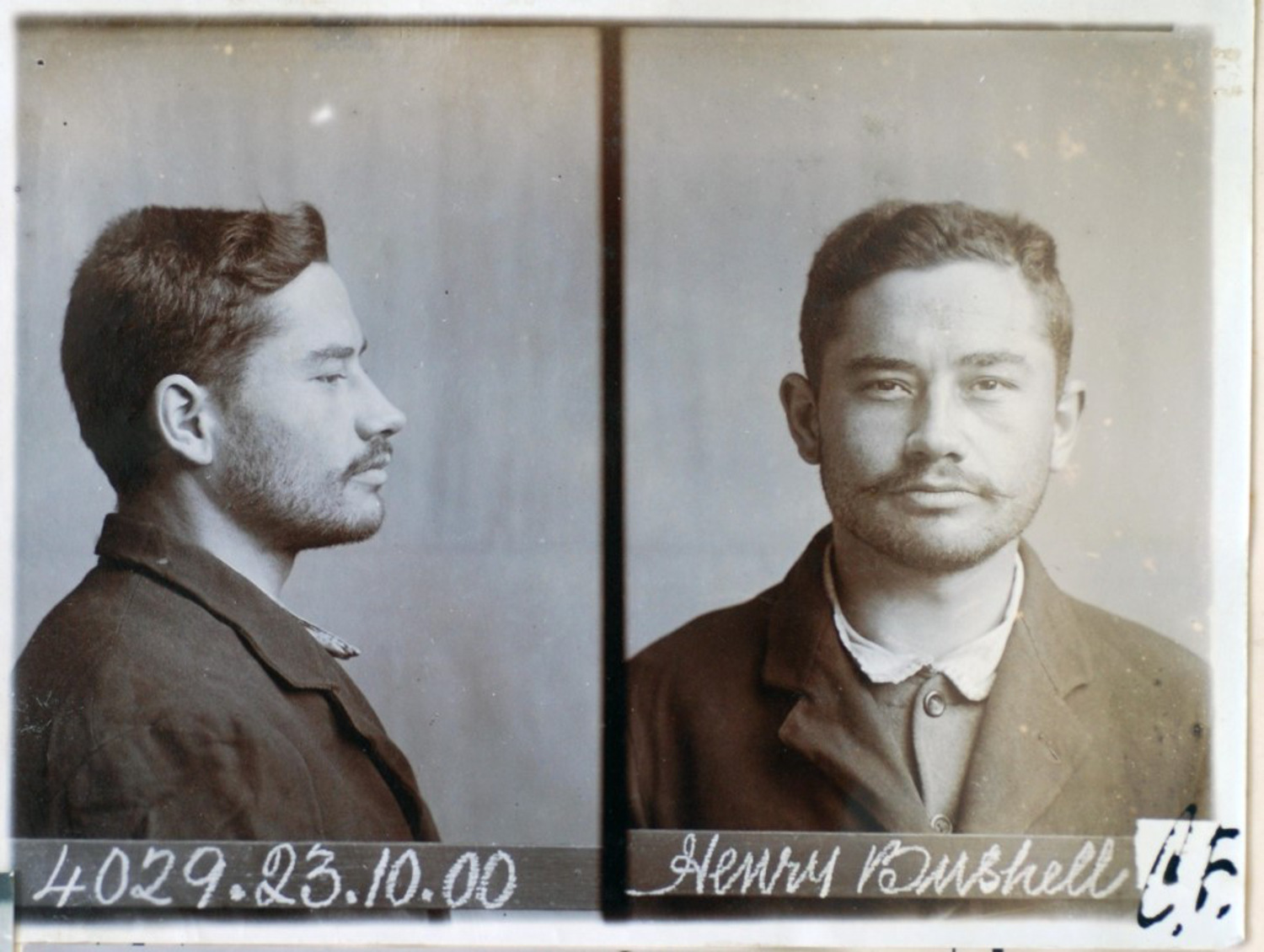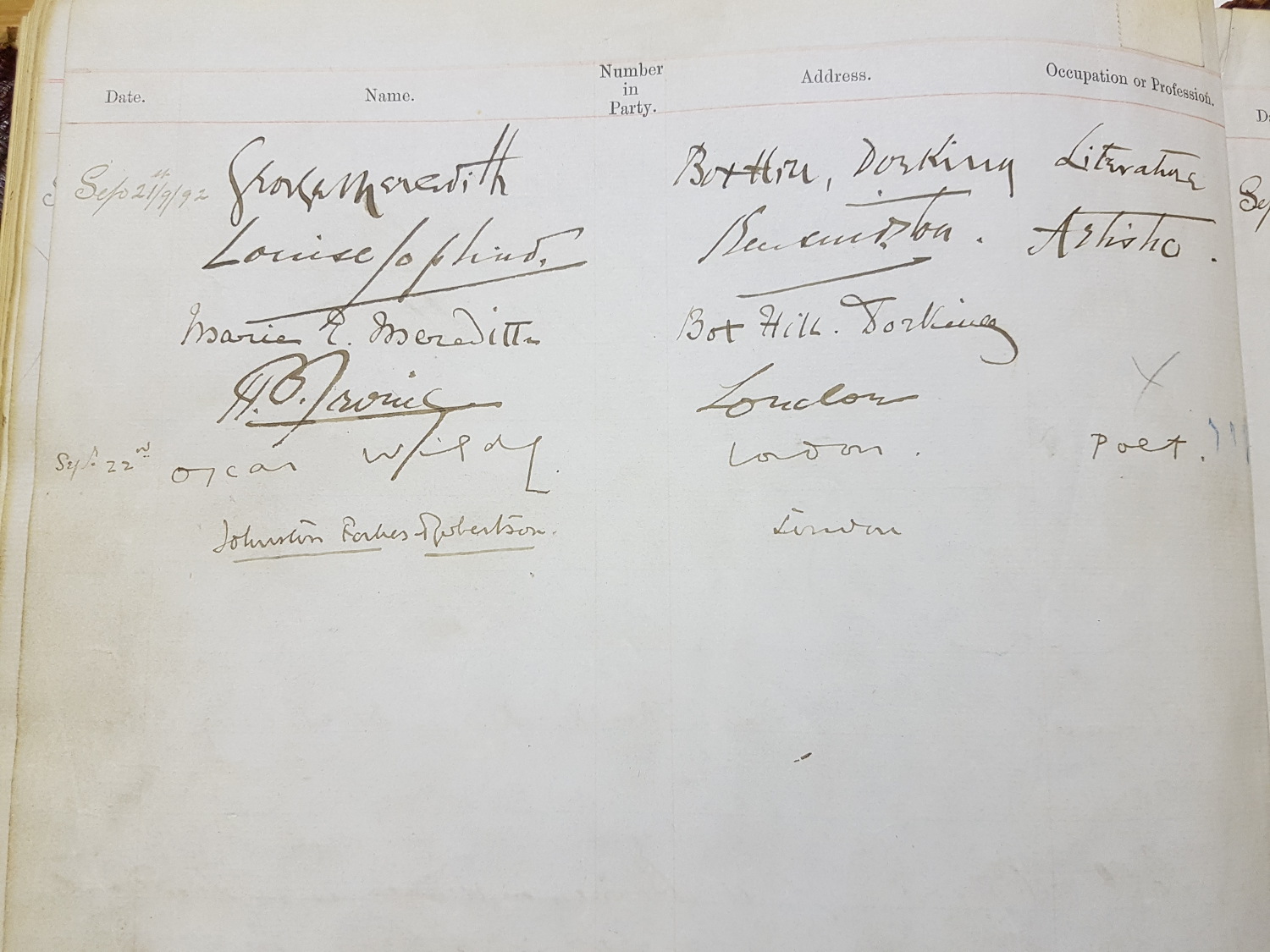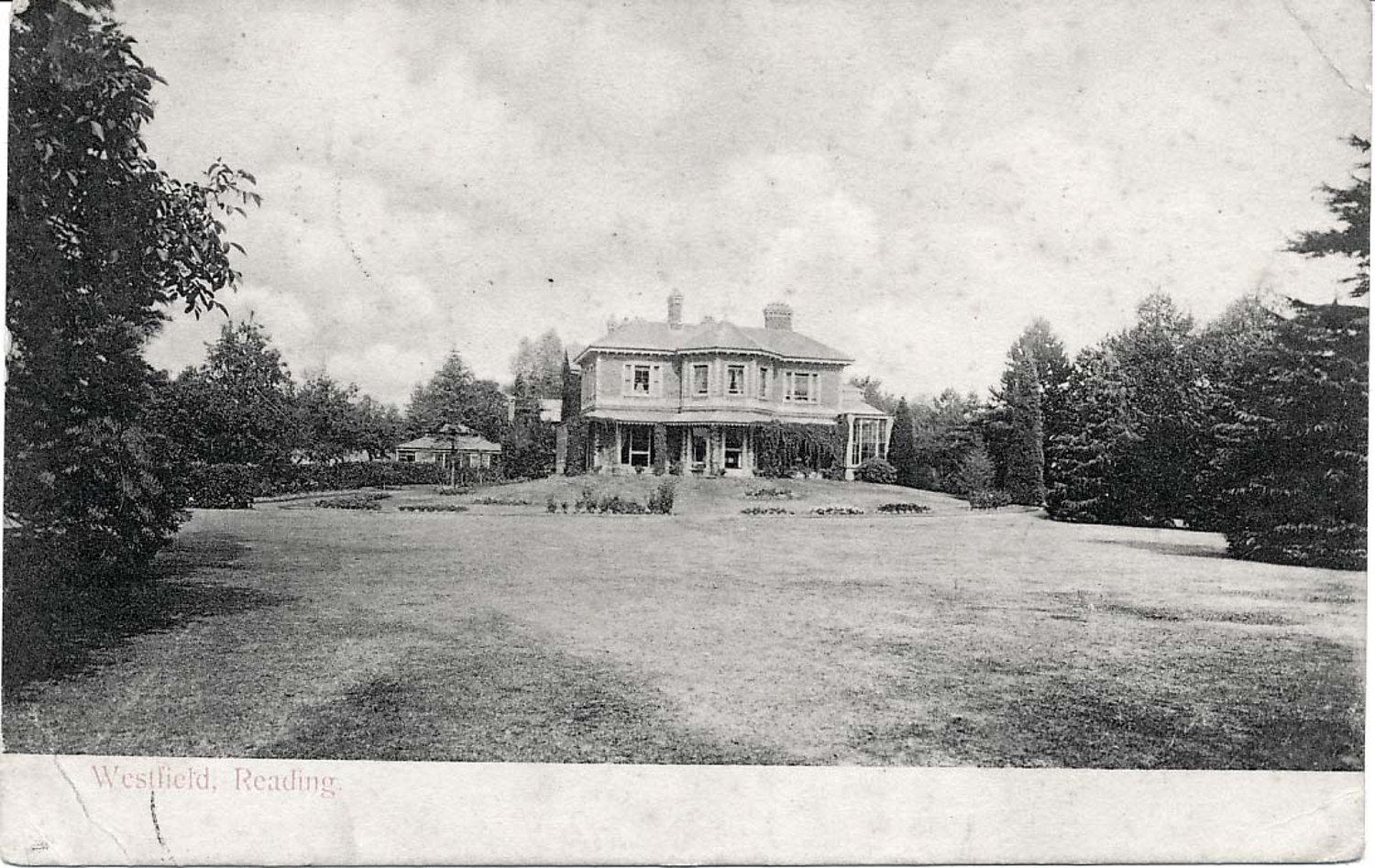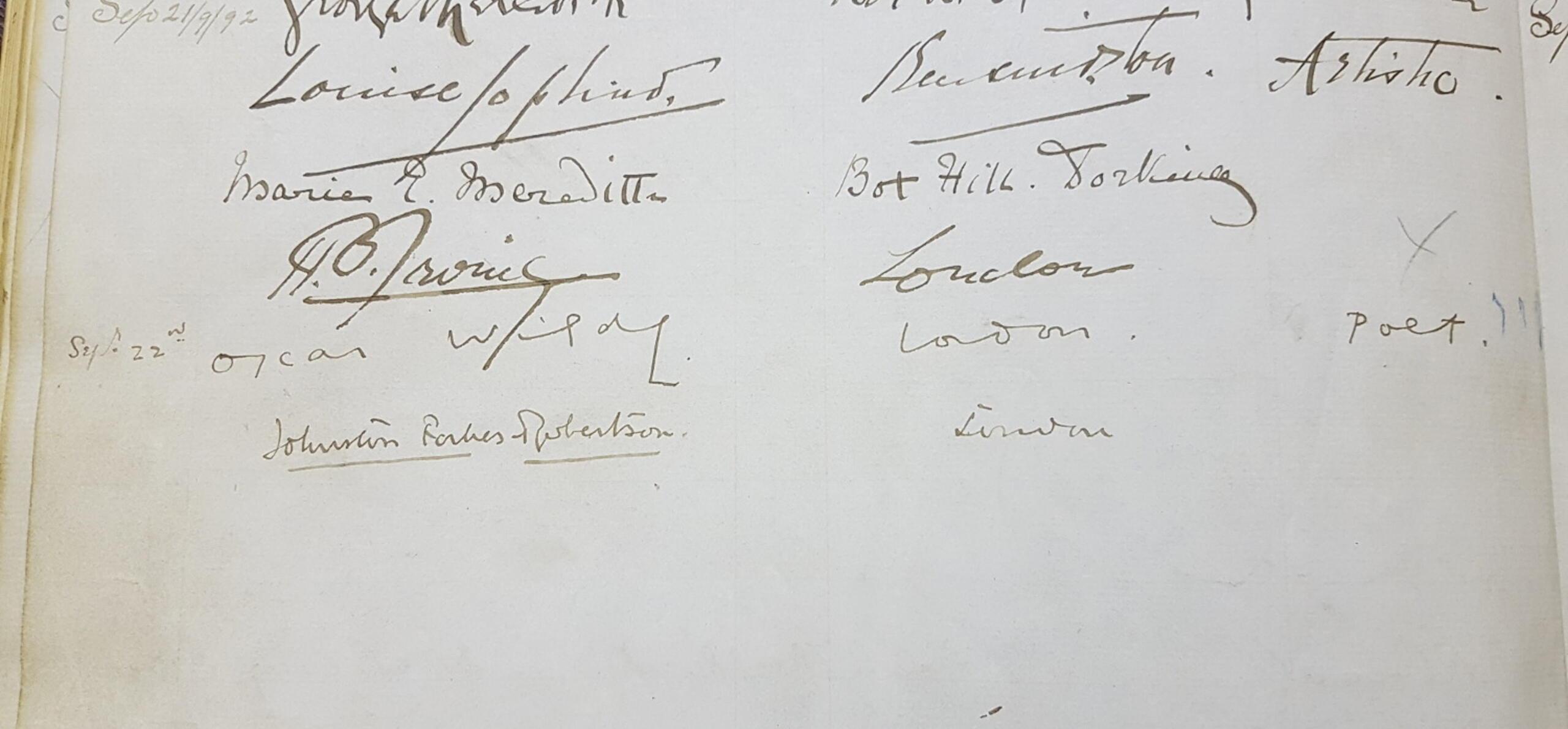Professor Peter Stoneley, Professor in US Literature and Culture, University of Reading
A few years ago, I spent the university summer vacation in the Prison Archives at the Berkshire Record Office. I knew that scholars had not looked at the material closely, and I hoped to find traces of Oscar Wilde, who was so famously locked up in Reading Prison from 1895 to 1897. I found more than I had expected.
Most fascinating were the records of Henry Bushnell, a fellow convict who caught Wilde’s attention. Bushnell, a handsome, dark-eyed man, was a petty thief. He was so often in trouble that he was put in Reading Prison no fewer than 21 times between 1892 and 1911. Wilde mentions Bushnell in a letter to a friend, and he arranged for money to be sent to Bushnell on Bushnell’s release. I found a number of “mugshots” of Bushnell in the Archive, and these are the only known photographs of any of the working-class men in whom Wilde took an interest.

Mugshot of Henry Bushnell (Berkshire Record Office)
Beyond particular people, the Archives give a powerful sense of the social composition of the Prison population – the typical ages, educational backgrounds, and crimes. Sadly, the documents also confirm what Wilde had to say about the presence of children in prison. The records reveal, for instance, that 12-year-old Leonard Jones was sentenced to 14 days of hard labour for stealing a rabbit; 11-year-old Henry Fisher was sentenced to 10 days for stealing a paint and brush; George Edward Shaw, aged 14, was sentenced to 10 days of hard labour for stealing sweets.
The research was published in an academic journal, and it became the basis of an exhibition that the County Archivist, Mark Stevens, and I put on at the Record Office. Now, asked to give a talk at the Museum about Wilde in Reading for the “Tea and Talks at Two” series, I want to give a sense of Wilde’s experience in the Prison, but I want also to open out the picture to include the seldom-regarded fact that Wilde had friends in Reading, and visited the town, before his conviction. He and his wife were friends with Walter and Jean Palmer, prominent and wealthy citizens and a central part of the Huntley and Palmers biscuit dynasty.
There is still research to do on this aspect of Wilde in Reading, but in this blog I want to share a few documents that begin to tell the story. The first is the Huntley and Palmers visitor book, and the page signed by Wilde in September 1892, along with the novelist George Meredith, the actor Harry Irving (son of the more famous Henry), and the renowned painter Louise Jopling. This distinguished party indicates the glamour of Walter and Jean Palmer, and especially of Jean Palmer, an active socialite who had great wealth of her own, derived from her colliery-owning father.

Huntley and Palmers Factory Visitor Book (Reading Museum object no. 1997.120.267)
The second document is a contemporary photograph of the Palmers’ Reading home, Westfield, just off Southcote Road. It is hard to imagine a greater shaming than that of moving from socialising in the ample grounds of this house to being shut up in the revolting confines of the Prison.

Westfield House (Reading Library Local History Department)
The third and final document is the memoir of Wilde’s son, Vyvyan Holland. He had a happy recollection of “being taken to the biscuit factory in Reading and eating biscuits straight out of the oven.”
It would all end tragically for Wilde, and for his wife and children. After the prison sentence, Constance Wilde turned to the Palmer circle for advice on what to do about her relation with Oscar. She was told, and reluctantly came to accept:
He has fallen and he cannot rise.
- .
Bibliography
Berkshire Record Office Prison Archive
Burke’s Peerage, 107th ed. (2003)
Eds. Merlin Holland and Rupert Hart-Davis, Complete Letters of Oscar Wilde, (London: Fourth Estate, 2000)
T. A. B. Corley, Quaker Enterprise in Biscuits: Huntley and Palmers of Reading, 1822-1972 (London: Hutchinson, 1972)
Vyvyan Holland, Son of Oscar Wilde (London: Rupert Hart-Davis, 1954)





